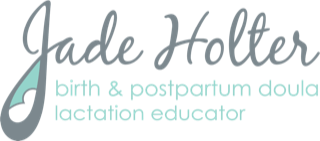Breastfeeding is easy and everyone can do it. Fact: While breastfeeding is a mothers natural way of nourishing her baby, it isn’t as easy for some mothers as it may seem and it doesn’t always work as planned. This is why there are lactation specialists who can help in the hospital, as well as make home visits to teach moms and babies how to breastfeed or refer out for any other problems.
The only way to feed a baby is breast or bottle. Fact: There are many ways to feed a baby other than breastfeeding or bottle-feeding. You can also use a spoon, cup, dropper, syringe or a supplemental nursing system to transfer breastmilk or formula.
Breastfeeding is natural birth control (called lactational amenorrhea). Fact: Only if all of the guidelines are met and then only with an effectiveness rate of approximately 98%. These are: baby is six months old or less; exclusive breastfeeding with NO pacifiers, bottles or other foods or liquids, breastfeeding on cue 24 hours per day and co-sleeps. Once your baby starts sleeping through the night (5 continuous hours or more) or your menstrual cycle returns, breastfeeding is no longer a reliable method of birth control.
All breast-pump parts and baby bottles must be sterilized after each use. Fact: Warm soapy water and air drying parts after each use is sufficient; all pump and bottle parts must be sterilized only every few days.
Breastfeeding is how to bond with baby. Fact: There are many ways to bond with a baby and bonding doesn’t solely depend on breastfeeding. An adult will bond with a baby when they respond to their needs, make eye contact, and use touch and language. All will help baby to feel loved and secure.
Cabbage leaves are safe to use to help relieve breast engorgement. Fact: Using cabbage leaves on your breasts increases the risk of contracting the bacterial infection listeria (food borne illness that can be fatal for newborns). Studies have proven that using hot and cold compresses are more effective and pose no adverse health risks.

